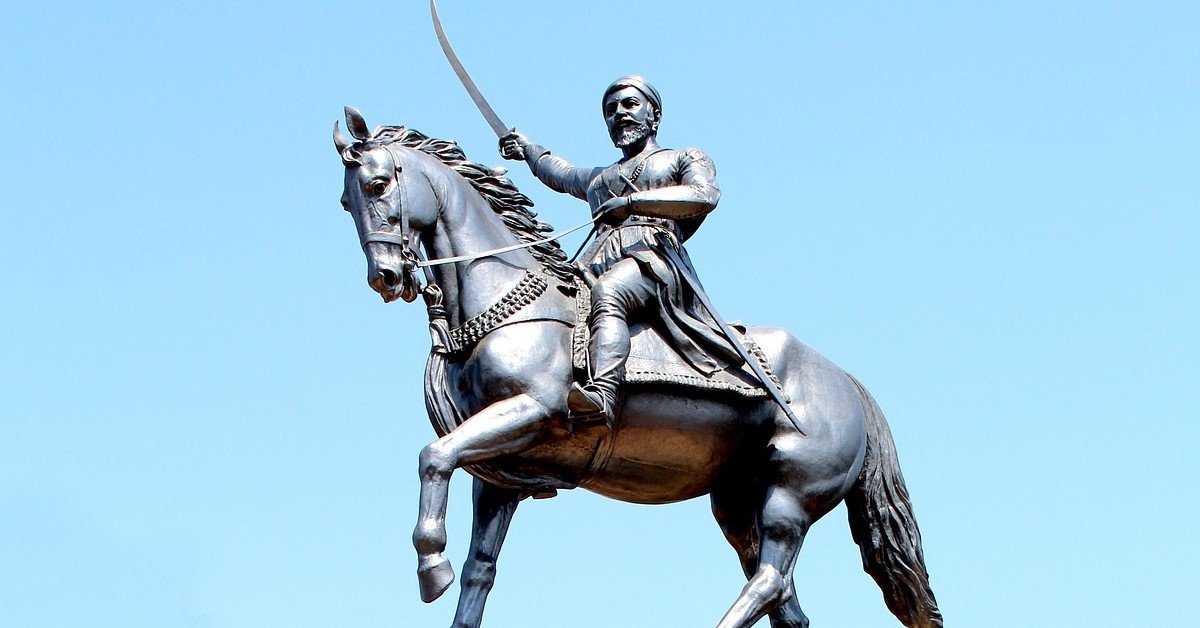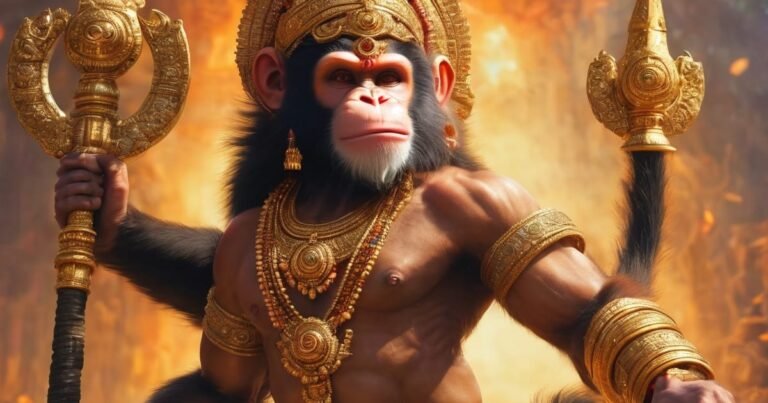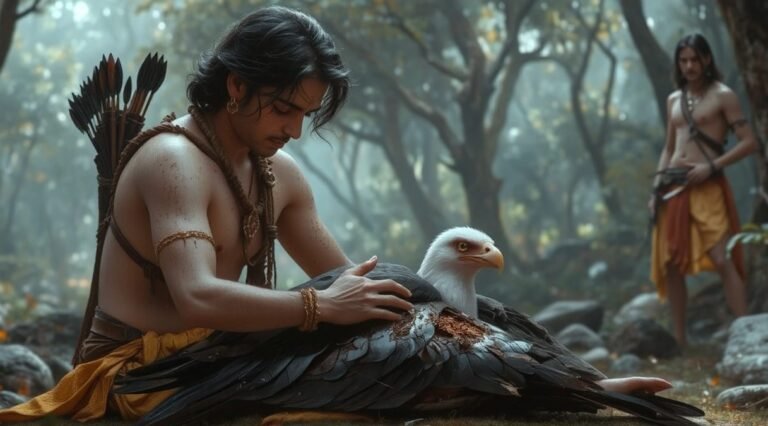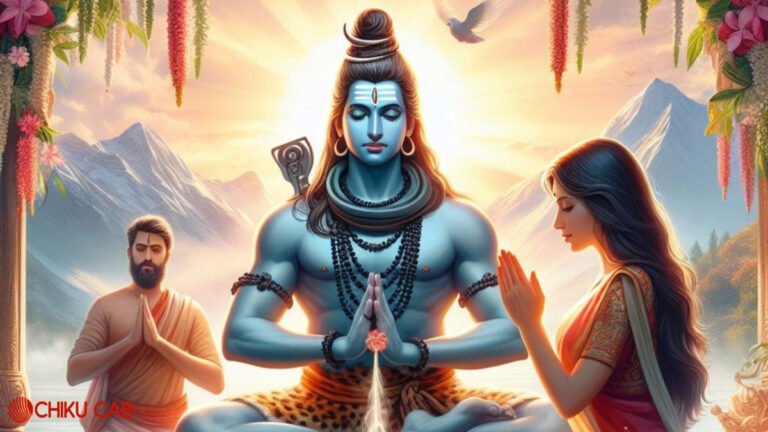The year is 1640. A crisp morning mist hangs over the rolling hills of Shivneri fort. Young Shivaji, barely ten years old, stands at the edge of the stable, his hand resting on the warm, velvety nose of a young colt. “तू माझा साथीदार आहेस,” (Tu majha sathidar aahes – You are my companion), he whispers, a spark of understanding passing between boy and beast. This colt, and the lessons it would teach him, were just the beginning of a lifelong connection with animals, a connection deeply influenced by the world he grew up in, a world shaped by his parents, Jijabai and Shahaji Raje.
Jijau’s Wisdom: The Language of Creatures:
Jijabai, or Jijau as she was affectionately called, was more than just a mother to Shivaji; she was his first teacher, his confidante, and the bedrock of his moral compass. She instilled in him not only the tales of valor and the dream of Swarajya but also a profound respect for all living things. Jijau understood that animals weren’t simply beasts of burden; they were sentient beings with their own unique personalities and needs. She taught Shivaji to observe them, to understand their moods, and to communicate with them through gentle touch and patient understanding. Even though animals can’t speak, they have their own language she would explain, encouraging Shivaji to learn this silent language of connection. This early education shaped Shivaji’s relationship with animals, fostering a deep empathy and a sense of responsibility for their well-being. Jijau herself had a beloved cow, Kapila, known for its gentle nature and high milk yield. She often used Kapila as an example, teaching Shivaji about the importance of caring for animals and appreciating their contributions.
Shahaji’s Legacy: The Warrior and His Steed:
Shahaji Raje, a distinguished military leader, imparted to Shivaji the skills and strategies of warfare. He emphasized the crucial role of cavalry, the importance of agility and speed, and the unbreakable bond between a warrior and his horse. Shahaji understood that a horse wasn’t just a means of transport; it was a partner in battle, a reflection of the warrior’s own courage and skill. He ensured that Shivaji received the best possible training in horsemanship, teaching him not only how to ride but also how to understand his horse’s temperament, how to care for its needs, and how to forge a connection that transcended words. Shahaji himself was known for his magnificent warhorse, a powerful Marwari stallion. Stories were told of this horse’s bravery in battle, how it would fearlessly charge into the enemy ranks, its rider’s courage mirrored in its own. These tales instilled in young Shivaji a deep admiration for the bond between a warrior and his horse, a bond he would later replicate with his own steed.
A Warrior’s Horse: A Partner in Battle:
While the specific name of Shivaji Maharaj’s horse isn’t definitively known, its importance is undeniable. This horse, a Deccani breed known for its stamina and agility, was more than just a warhorse; it was Shivaji’s confidante, his partner in countless daring raids and hard-fought battles. Imagine Shivaji, astride his loyal steed, leading his warriors through treacherous mountain passes, appearing like a storm cloud to descend upon unsuspecting enemies.
One legendary tale speaks of a perilous situation in 1659 when Shivaji was surrounded by a much larger Mughal force. Escape seemed impossible. But Shivaji, trusting in his horse’s speed and agility, whispered a silent prayer. With a sudden burst of energy, the horse charged through the enemy lines, creating chaos and confusion. It leaped across a seemingly insurmountable ravine, a feat of athleticism that astonished both friend and foe. This daring maneuver allowed Shivaji to escape, regroup, and ultimately triumph. While the details of this story may be embellished over time, it encapsulates the deep trust and understanding between Shivaji and his horse.
An Unnamed Friend: Loyalty Beyond Measure:
Alongside the magnificent warhorse, a smaller, less celebrated companion played a vital role in Shivaji’s life – his dog. This unnamed dog, a constant shadow, was a symbol of unwavering loyalty and unconditional love. In a world of political intrigue and constant danger, the dog’s companionship must have been a source of solace and comfort.
Stories abound of this small, brown dog that followed Shivaji everywhere, from the bustling court to the quiet sanctuary of his private chambers. One particularly touching anecdote recounts the dog’s grief after Shivaji’s passing in 1680. The dog, it is said, refused to leave Shivaji’s samadhi (memorial), a poignant testament to the deep bond between man and animal.
Summary:
The animals in Shivaji’s life were more than just creatures; they were integral to his journey, shaped by the wisdom of Jijau and the warrior spirit of Shahaji. They were partners in battle, companions in solitude, and symbols of the deep connection between humans and the natural world. Their stories, though often whispered, are a powerful reminder that even amidst the grand narratives of history, the bonds of loyalty and love can be found in the most unexpected places, enriching our lives and shaping our destinies.








